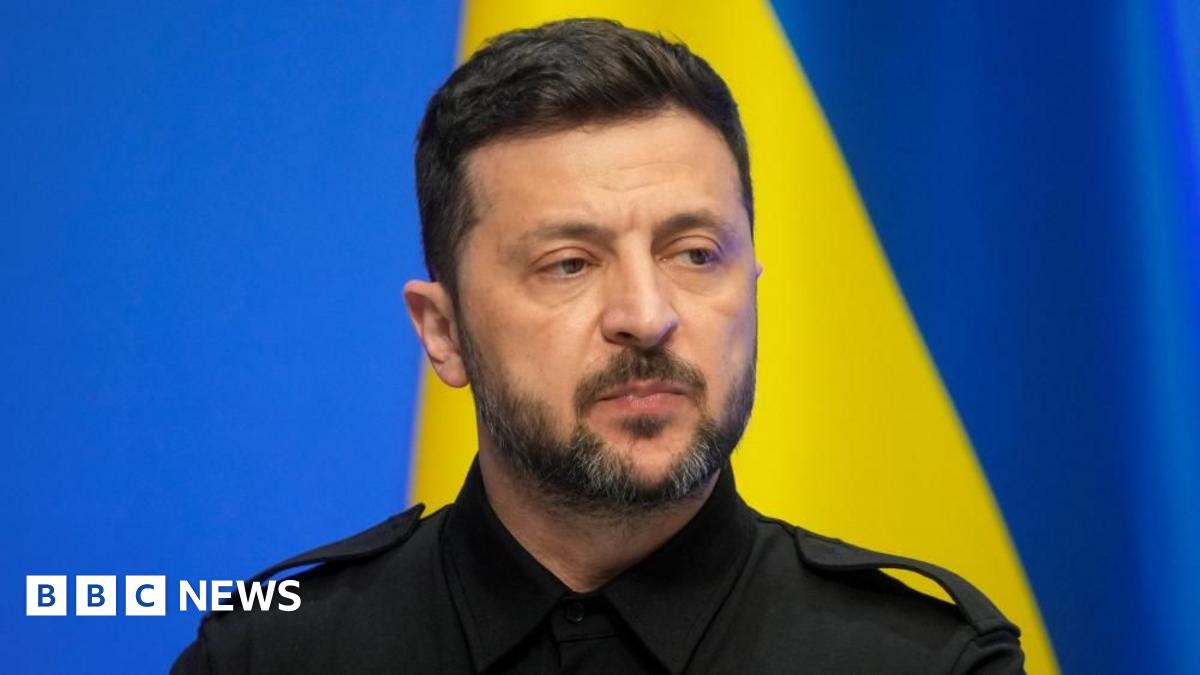AS Strengthens Ties with Asian Allies: Hegseth's Assurance Amidst Shifting Global Landscape

Hegseth Reaffirms Commitment to Robust Asian Alliances
Amidst a period of global uncertainty marked by trade tensions and evolving international relationships, Acting Defense Secretary Kevin O’Connell Hegseth delivered a reassuring message at a recent security forum: the United States remains steadfast in its commitment to strengthening alliances across Asia. His remarks offered a notable sense of stability, providing a counterpoint to recent policy shifts and expressions of skepticism towards traditional Western partnerships.
Hegseth's address underscored the critical importance of these alliances in maintaining regional stability and addressing shared security concerns. He emphasized the strategic value of partnerships with nations like Japan, South Korea, Australia, and others in the Indo-Pacific region, highlighting the collective effort required to navigate complex geopolitical challenges.
Navigating a Changing World Order
The backdrop to Hegseth's statement is a world significantly altered by President Trump's policies. The imposition of tariffs on various goods and a perceived distancing from established Western allies created ripples of concern within diplomatic and security circles. Hegseth's assurance served as a deliberate attempt to dispel any notion of a fundamental shift in America’s approach to Asian alliances.
He acknowledged the evolving global landscape but stressed that the core principles of mutual defense and shared responsibility remain unwavering. Hegseth argued that the U.S. must adapt its strategies and approaches to meet the challenges of the 21st century while upholding its commitments to its allies.
Key Pillars of the Strategy
Several key elements were identified within Hegseth’s outlined strategy:
- Enhanced Military Cooperation: Increased joint exercises, intelligence sharing, and technological collaboration to bolster interoperability and readiness.
- Economic Integration: Promoting trade and investment partnerships to foster mutual prosperity and strengthen the economic foundations of alliances.
- Diplomatic Engagement: Maintaining open channels of communication and actively participating in regional forums to address shared concerns and prevent conflicts.
- Modernization of Defense Capabilities: Investing in advanced technologies and platforms to ensure allies have the tools they need to protect themselves.
Regional Implications and Future Outlook
Hegseth’s remarks were well-received by many in the Asian region, who expressed relief at the reaffirmation of U.S. commitment. However, challenges remain. Maintaining unity among allies and addressing divergent national interests will require ongoing effort and skillful diplomacy.
Looking ahead, the U.S. is expected to continue prioritizing its relationships in the Indo-Pacific. The rise of China and its growing influence in the region will undoubtedly shape the dynamics of these alliances, demanding a nuanced and adaptable approach from all parties involved. Hegseth’s assurance represents a crucial step in navigating this complex terrain and ensuring a stable and prosperous future for the region.
The focus now shifts to translating these assurances into concrete actions and demonstrating a long-term commitment to the partnerships that are vital to American security and global stability.






